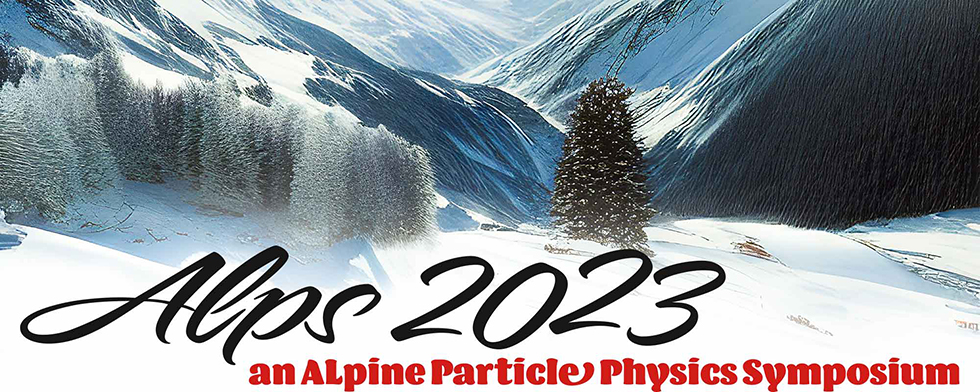Speaker
Description
Cryogenic Rare Event Search with Superconducting Thermometers (CRESST) is an experiment that aims at the direct detection of dark matter (DM) using scintillating crystals. The experiment is situated in a low-background underground facility in Laboratori Nazionali del Gran Sasso (LNGS), Italy. CRESST employs scintillating cryogenic calorimeters to measure the recoil energy of DM-nucleus interaction. The scintillation light information helps in the discrimination of known backgrounds from the potential DM signals. In its third phase (CRESST-III), the experiment is optimized for the DM searches in the low mass i.e. sub-GeV/$c^2$ DM range. In the latest run, for the first time, CRESST operated lithium aluminate targets of 10.46g, along with the traditional calcium tungstate. This was done as lithium aluminate showed promising potential to study spin-dependent dark matter interactions in the above-ground test measurements. In this contribution, the measurements done in the underground run and the results obtained for DM spin-dependent interactions using lithium aluminate targets will be presented. The current status, challenges, and future upgrades of CRESST would also be discussed.
